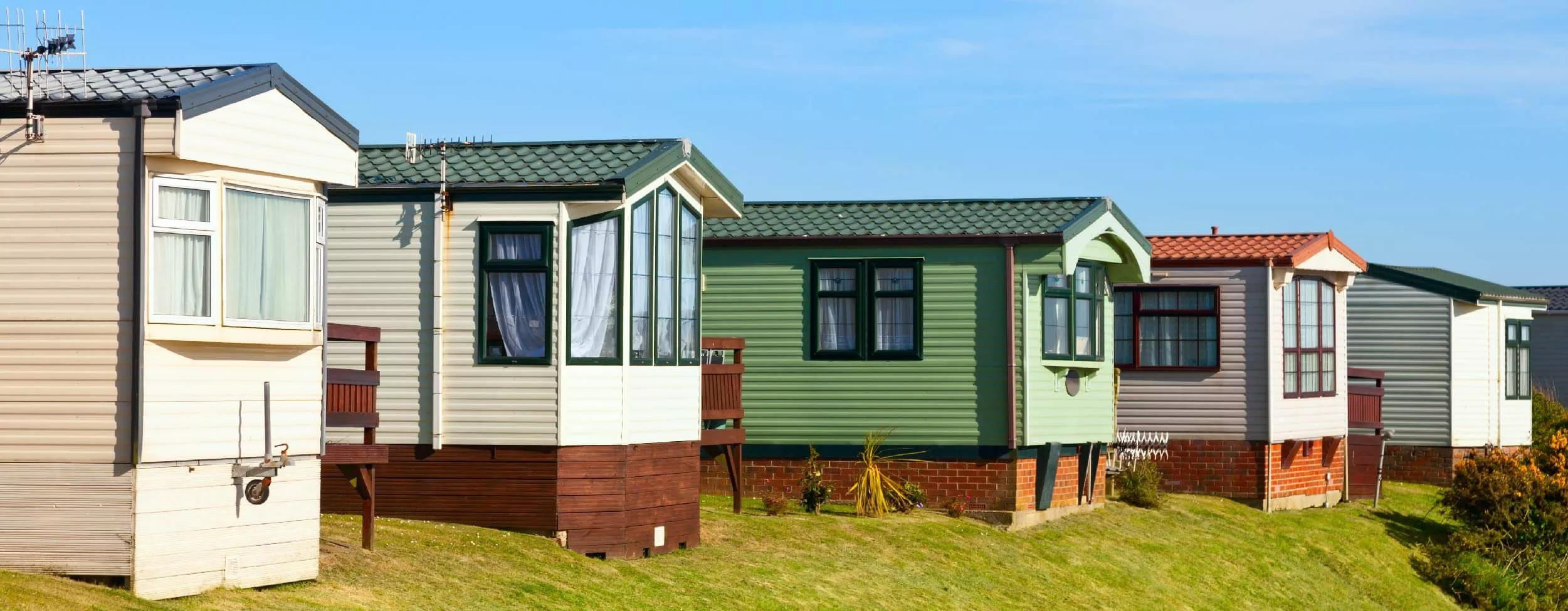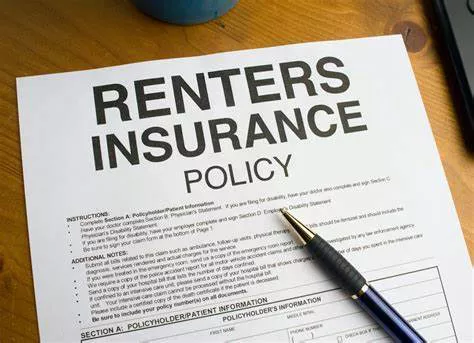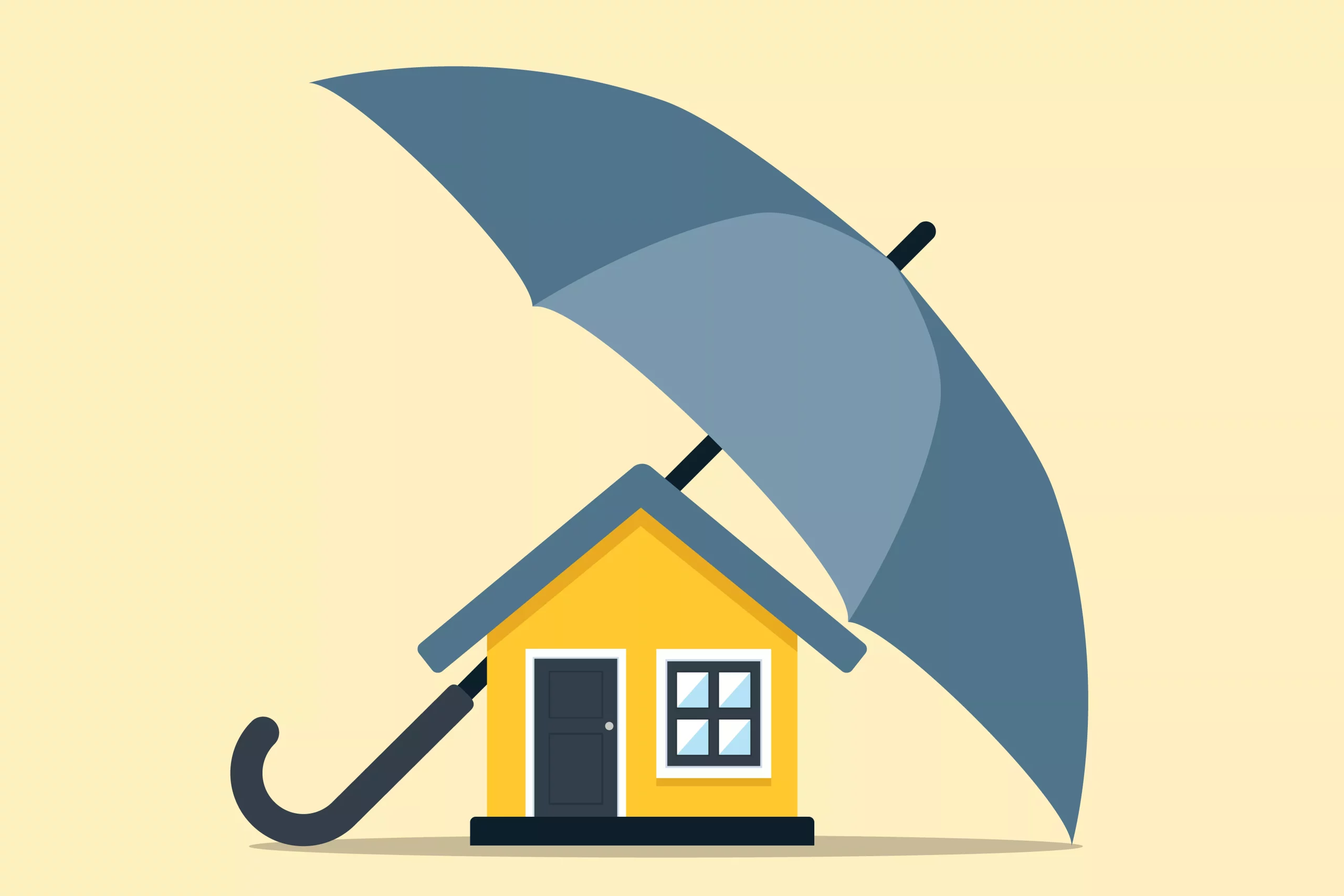Mobile homes, also known as manufactured homes, offer an affordable and flexible living solution for many Americans. However, like any other type of home, they need protection against various risks. Insurance for mobile homes can provide peace of mind by covering damages and liabilities.
Why Mobile Home Insurance is Important
Financial Protection
Mobile home insurance offers financial protection against damages from perils such as fire, storms, theft, and vandalism. Without it, you could face significant out-of-pocket expenses for repairs or replacements.
Legal Requirement
In some cases, having mobile home insurance may be legally required, especially if you have a mortgage or live in a mobile home park that mandates it.
Peace of Mind
Knowing that your home and belongings are protected gives you peace of mind. You can live without constantly worrying about potential financial losses.
Types of Mobile Home Insurance Coverage
1. Dwelling Coverage
What is Dwelling Coverage?
Dwelling coverage protects the physical structure of your mobile home, including the walls, roof, and built-in appliances. It covers repairs or rebuilding costs if your home is damaged by covered perils like fire, windstorms, hail, or vandalism.
How Much Dwelling Coverage Do You Need?
Replacement Cost: Ensure your coverage equals the cost to repair or rebuild your mobile home with similar materials and quality.
Local Factors: Consider local construction costs and regulations that might affect rebuilding.
2. Personal Property Coverage
What is Personal Property Coverage?
Personal property coverage protects your belongings inside the mobile home, such as furniture, electronics, clothing, and appliances. It covers these items if they are damaged or stolen.
How Much Personal Property Coverage Do You Need?
Inventory Your Belongings: Make a detailed list of your possessions and estimate their value.
Coverage Amount: Typically, personal property coverage is a percentage of your dwelling coverage.
3. Liability Coverage
What is Liability Coverage?
Liability coverage protects you if someone is injured on your property or if you accidentally cause damage to someone else’s property. It covers legal fees, medical expenses, and any settlements or judgments against you.
How Much Liability Coverage Do You Need?
Minimum Coverage: Most policies offer a minimum of $100,000, but higher limits are recommended.
Higher Limits: Consider $300,000 to $500,000 or an umbrella policy for additional protection.
4. Additional Living Expenses (ALE) Coverage
What is ALE Coverage?
ALE coverage, also known as loss of use coverage, pays for additional living expenses if your mobile home becomes uninhabitable due to a covered peril. This includes hotel bills, restaurant meals, and other temporary living costs.
Why is ALE Coverage Important?
Temporary Relocation: Ensures you can maintain your standard of living while your home is being repaired.
Coverage Limits: Check your policy for ALE limits and ensure they meet your needs.
see also:Top 10 Best Tenant Insurance Companies
Optional Mobile Home Insurance Coverages
1. Trip Collision Coverage
What is Trip Collision Coverage?
Trip collision coverage protects your mobile home while it is being transported. This coverage is crucial if you frequently move your home or are relocating it to a new site.
Why is Trip Collision Coverage Important?
Transportation Risks: Covers damages that occur during transport, which are not included in standard mobile home insurance.
Comprehensive Protection: Ensures your home is covered both on the road and at its destination.
2. Flood Insurance
What is Flood Insurance?
Flood insurance covers damage caused by flooding, which is not included in standard mobile home insurance policies. It is typically provided through the National Flood Insurance Program (NFIP) or private insurers.
Why is Flood Insurance Important?
Flood Risk: Homes in flood-prone areas are especially vulnerable to flood damage.
Separate Policy: Standard mobile home insurance does not cover flood damage.
3. Earthquake Insurance
What is Earthquake Insurance?
Earthquake insurance covers damage caused by earthquakes. Like flood insurance, it is not included in standard mobile home insurance policies and must be purchased separately.
Why is Earthquake Insurance Important?
Seismic Activity: Homes in earthquake-prone areas need this coverage.
Comprehensive Protection: Covers repair or rebuilding costs after an earthquake.
Factors Influencing Mobile Home Insurance Costs
1. Location
Geographic Risks
The location of your mobile home affects your insurance costs. Factors include:
Natural Disasters: Areas prone to hurricanes, floods, or earthquakes may have higher premiums.
Crime Rates: Higher crime areas can increase insurance costs.
2. Home Characteristics
Home Size and Value
Square Footage: Larger homes typically cost more to insure.
Home Value: Higher-value homes may require higher coverage limits.
Home Age and Condition
Older Homes: May have outdated systems, increasing risk and insurance costs.
Renovations: Upgrades can reduce risk and potentially lower premiums.
3. Coverage Amounts and Deductibles
Coverage Limits
Higher Limits: More coverage means higher premiums.
Adequate Coverage: Ensure your policy covers the full replacement cost of your home and belongings.
Deductibles
Higher Deductibles: Lower premiums but higher out-of-pocket costs for claims.
Lower Deductibles: Higher premiums but lower out-of-pocket costs for claims.
4. Discounts and Savings
Available Discounts
Bundling Policies: Combine home and auto insurance for discounts.
Safety Features: Discounts for alarm systems, smoke detectors, and other safety measures.
Loyalty Discounts: Discounts for staying with the same insurer for an extended period.
5. Claims History
Impact on Premiums
Past Claims: Multiple claims can lead to higher premiums.
Claim-Free Discount: Some insurers offer discounts for not filing claims.
Steps to Choose the Right Mobile Home Insurance
1. Assess Your Home’s Replacement Cost
Replacement Cost Estimator
Online Tools: Use online calculators to estimate replacement costs.
Professional Appraisal: Consider a professional appraisal for accuracy.
2. Evaluate Your Personal Property
Inventory Your Belongings
Home Inventory: Create a detailed list of your possessions, including photographs and receipts.
Estimate Value: Determine the total value of your personal property to ensure adequate coverage.
3. Consider Liability Coverage
Liability Limits
Recommended Coverage: Many experts suggest liability coverage of at least $300,000 to $500,000.
Additional Coverage: Consider umbrella policies for extra liability protection.
How to Save on Mobile Home Insurance
1. Shop Around
Compare Quotes
Multiple Insurers: Get quotes from different insurance providers to find the best rate.
Coverage Options: Compare coverage details, not just premiums.
2. Increase Your Deductible
Higher Deductible
Lower Premiums: Choosing a higher deductible can lower your premium.
Out-of-Pocket Costs: Be prepared to pay more out-of-pocket if you file a claim.
3. Bundle Your Policies
Multi-Policy Discount
Combine Policies: Bundling home and auto insurance can lead to significant discounts.
Single Insurer: Managing multiple policies with one insurer can simplify the process.
4. Improve Home Security
Safety Features
Install Alarms: Burglar alarms, smoke detectors, and fire alarms can lower premiums.
Home Improvements: Reinforcing your home against natural disasters can reduce risk.
5. Review Your Coverage Annually
Annual Review
Update Coverage: Review your policy annually to ensure it meets your current needs.
Adjust for Changes: Update your coverage if you’ve made significant changes to your home or possessions.
Common Questions About Mobile Home Insurance Coverage
1. What Happens if I Underinsure My Home?
Financial Risk: You may have to pay out-of-pocket for repairs or rebuilding costs.
Coverage Gaps: Insufficient coverage can leave you vulnerable in case of a major loss.
2. Can I Increase My Coverage Limits?
Policy Adjustments: You can usually increase coverage limits at any time.
Higher Premiums: Be prepared for higher premiums with increased coverage.
3. What’s Not Covered by Mobile Home Insurance?
Exclusions: Standard policies don’t cover floods, earthquakes, or routine maintenance.
Separate Policies: Purchase additional coverage for excluded perils.
Case Studies: Real-Life Examples
Case Study 1: Adequate Coverage Saved a Mobile Homeowner
Scenario
A mobile homeowner had dwelling coverage based on the full replacement cost. After a severe storm, their insurance fully covered the rebuilding costs, allowing them to restore their home without financial strain.
Lesson Learned
Ensuring you have adequate dwelling coverage can protect you from significant financial loss.
Case Study 2: The Importance of Liability Coverage
Scenario
A visitor slipped and fell on a mobile homeowner’s icy walkway, resulting in medical expenses and a lawsuit. The homeowner’s liability coverage paid for the medical bills and legal costs.
Lesson Learned
Having sufficient liability coverage can protect you from financial hardship due to accidents on your property.
Conclusion
Understanding what insurance covers for mobile homes in the USA is crucial for protecting your investment. By considering the types of coverage available, assessing your needs, and exploring ways to save on premiums, you can ensure your mobile home is adequately protected. Regularly reviewing and adjusting your policy will help you stay protected and manage your insurance costs effectively.






















